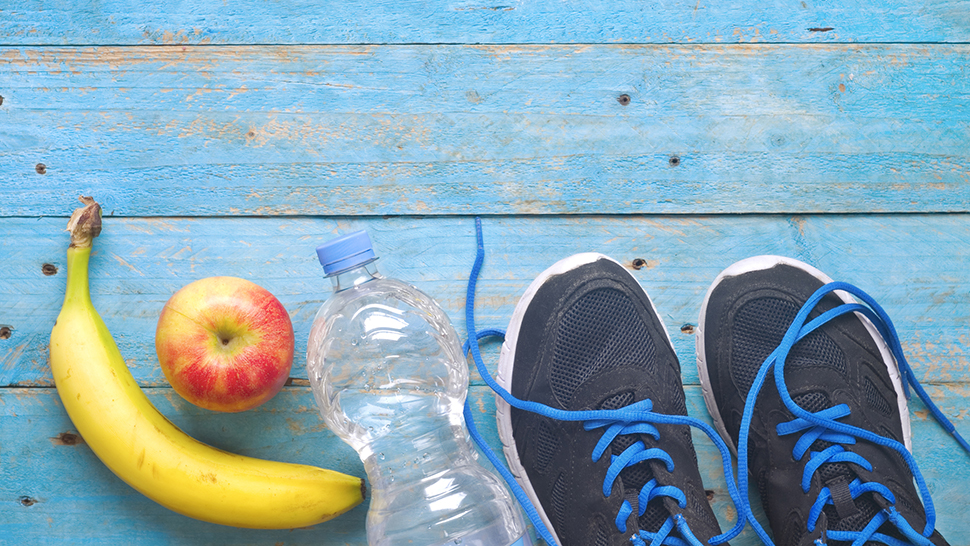
The fitness industry is booming and boutique options like Barre3, Orange Theory, and CrossFit have created bands of everyday athletes devoted to pushing themselves to new physical limits. Right alongside them are other, perhaps slightly less ideological, “Weekend Warriors” training for a first 5K or hitting up the hiking trails. Embracing an athletic lifestyle is easier than ever, and while these everyday athletes aren’t breaking the tape at major road races or taking the trophy home for their college team, it doesn’t mean they don’t have a competitive mindset and a desire to improve performance. Just like professional athletes, fueling with the right foods can make a difference, but the approach may be a little more relaxed. If you identify as a weekend warrior (or an everyday athlete), keep these tips in mind when fueling for your workouts.
- Eat regular meals full of a variety of whole foods. The best thing you can do for your workouts is to fuel them with whole foods. Aim for a mix of carbohydrates (fruits, vegetables, whole grains), protein (beans, tofu, fish, or poultry), and healthy fat (nuts, seeds, olive oil, avocado, or oily fish) at each meal to provide your body with the energy it needs while also promoting recovery from your workouts.
- Be mindful when fueling before a workout and during recovery. Your body knows best – listen to your hunger and fullness cues to tell you how much you need to eat.
- But don’t skimp on your meals and snacks. Undereating, especially before a workout, will hinder performance. Your body requires energy to get through your run or lifting session, so make sure to give it what it needs.
- Fuel up before your workout when it’s been a while since your last meal. If you’re an early morning exerciser, grab a small snack or mini breakfast before you hit the treadmill or spin bike — your body needs a little fuel after a night of “fasting.” This should be primarily carbohydrates, which is what your muscles use to get you through your hard workouts. A banana, piece of toast, or small bowl of cereal should do the trick. Evening exercisers should eat a little something if it’s been more than 3-4 hours since your last meal or snack. Similarly, a piece of fruit or even a handful of crackers with hummus should be all you need.
- Don’t stress about recovery. While there is good research to support eating a mix of protein and carbohydrates within an hour of your workout to speed up recovery, this advice is primarily meant for athletes that are exercising at a high intensity for more than an hour or have more than one training session within 24 hours. Otherwise, your body gets what it needs over the course of the day and waiting to eat until your next meal is perfectly fine. If you’re worried about recovery from a high-intensity session, plan your workout so that you have a meal shortly after you are finished.
- Skip the sports drinks. Unless you’re exercising for more than 90 minutes, water is all you need.
- Ditch the supplements. From protein powders to recovery supplements, marketers of these products are really good at making you feel like you need them to improve your workout. The reality is that you can get everything you need from eating regular meals made up of whole foods.
Enhancing your workouts with proper nutrition can mean the difference between a personal record (PR) or not. But it’s a lot simpler than you may think. For those of you that are training for longer races or bigger competitive events check out our best fueling tips here.